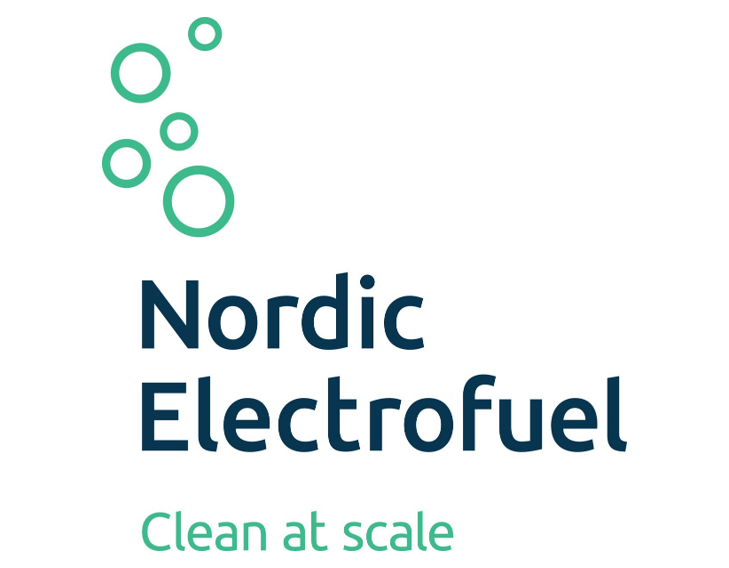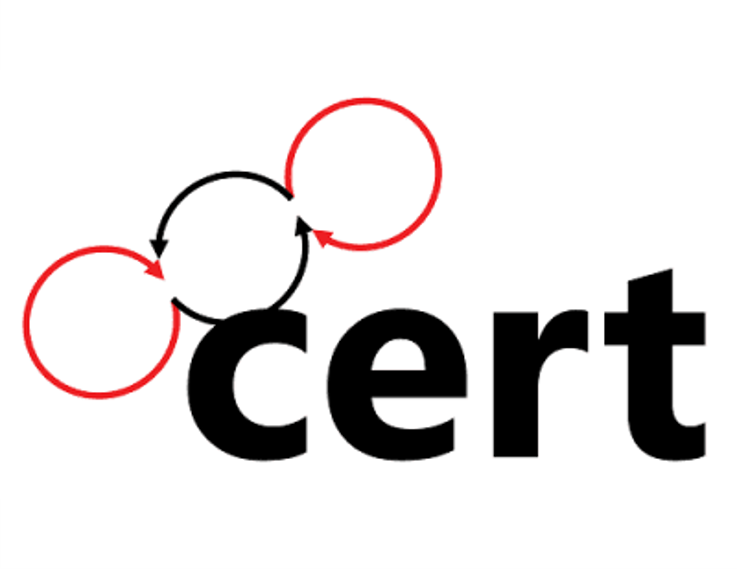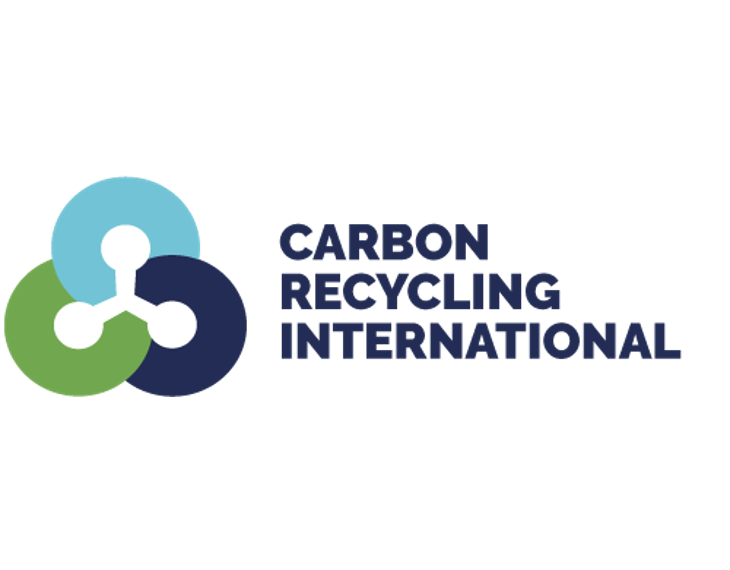123Fab #70
1 topic, 2 key figures, 3 startups to draw inspiration from

As the world is looking for solutions to curb CO2 emissions and mitigate climate change, Carbon Capture, Utilization and Storage (CCUS) technologies have raised hope, especially for heavy emitters in the Oil & Gas or manufacturing sectors. The principle is simple: CO2 produced when burning fossil fuel is captured before it enters the atmosphere, and either safely stored or used as feedstock to make other products. The major obstacle regarding this technology is its cost. The capture step itself is costly, both financially and energetically, especially for low CO2 concentration flows. For carbon storage, the captured CO2 needs to be compressed and shipped to its destination and stored. All of these steps are also costly and energy-intensive, resulting in relatively low adoption. Carbon reuse solutions attempt to reduce the overall cost of the process by using CO2 to produce valuable products that can be sold.
There are a wide variety of solutions to valorize captured CO2: from producing carbon fibers using algae to producing building materials such as cement, concrete, or insulation foam, the possibilities are numerous. One utilization scheme seems to have caught the attention of investors and entrepreneurs: the production of carbon-neutral fuel using CO2.
Some startups are focusing on reducing emissions in the transportation sector by producing an alternative fuel from captured CO2. Caphenia produces jet fuel using CO2 and methane as feedstock through a plasma process. Their process could reduce CO2 emissions by 92% compared to fossil fuel consumption. Other startups like Nordic Electrofuel produce it using CO2 and hydrogen produced from water electrolysis using renewable electricity. CERT systems has developed catalysts for electrodes used in electrolyzers to enhance the conversion rate of their CO2 to fuel electrochemical conversion technology.
Methanol is also an attractive alternative fuel that can be used to power cars and ships. Liquid wind and Carbon Recycling International are using CO2 and hydrogen to produce renewable methanol for maritime and road transport. Methanol has been proven to be a viable fuel for ships, and if mixed with petrol, it could also be used for cars, reducing the footprint of road transport as well. In addition, it is a widely used feedstock for the production of plastics, plywood, and synthetic fibers. The use of renewable methanol could also reduce emissions from the chemical industry.
CO2-based fuels are attracting the attention of large companies and partnerships are booming. Last month, Eramet signed a partnership agreement with Nordic Electrofuel to use the CO2 produced in Eramet’s furnace to produce kerosene. Carbon Recycling International joined forces with Johnson Matthey for catalyst supply in CRI’s methanol plants. Earlier this year, Siemens Energy partnered with Liquid Wind. Siemens will provide large electrolyzers that will produce hydrogen for liquid wind’s process.
While alternative fuels seem to be a good solution for decarbonizing the transportation industry, they have one major drawback: all these processes are very energy-intensive. Hydrogen production, which is mostly done through water electrolysis, and plasma technology both consume large amounts of electricity. These processes could use renewable energy, but it is not easy to fund such a large amount and, depending on the energy mix of the available electricity, the ecological impact varies greatly by location. These costs add to the CO2 capture cost, as the removal of CO2 from air or flue gas is very energy-intensive, lowering the ecological benefits of the process. More than that, when this fuel will be consumed, the captured CO2 is released into the atmosphere. The ecological outcome is not strictly zero as the CO2 produced in the first place is eventually released, it simply adds another step in the CO2 use cycle. Although alternative fuels appear to be crucial for lowering emissions of the transportation sector, captured industrial emissions remain untouched by the process, and reducing the number of travels remains the most efficient way to cut down emissions in the transport industry.
2 Key Figures
The global CCUS market is expected to reach $2.97 bn by 2025
The global CCUS market was estimated at $1.3 billion in 2020 and is expected to reach $2.97 billion by 2025, at a CAGR of 19.6% according to PR Newswire
20+ CO2 to fuel startups
registered by Tracxn since 2015
3 startups to draw inspiration from
This week, we identified three startups that we can draw inspiration from: Nordic Electrofuel, CERT systems and Carbon Recycling International.

Nordic Electrofuel
Producer of carbon-neutral, synthetic fuels and other fossil replacement products intended to offer renewable electrical energy to the transport sector. The company specializes in generating synthetic gas by separating CO and H2 gas through electrolysis and offers solutions to distribute and store stranded electrical energy and the conversion of renewable electric energy into liquid e-fuels.

CERT Systems
CERT Systems is a Toronto-based startup that develop a CO2 utilization system intended to catalyze the closure of the carbon cycle. The company’s system utilizes membrane electrode assembly (MEA) electrochemical cells and converts carbon dioxide into renewable fuels and chemical feedstocks using only water and electricity.

Carbon Recycling International
Carbon Recycling International produce renewable methanol intended to enhance resource efficiency by carbon recycling. Their renewable methanol is produced from carbon dioxide, hydrogen and electricity for energy storage, fuel applications and efficiency enhancement.
Interested in a startup landscape or in an insights report?
Please fill out our contact form so that we can get back to you very quickly with our product offer.
Want to subscribe to our 123Fab?
Fill out our form to receive the latest insights into your inbox.

